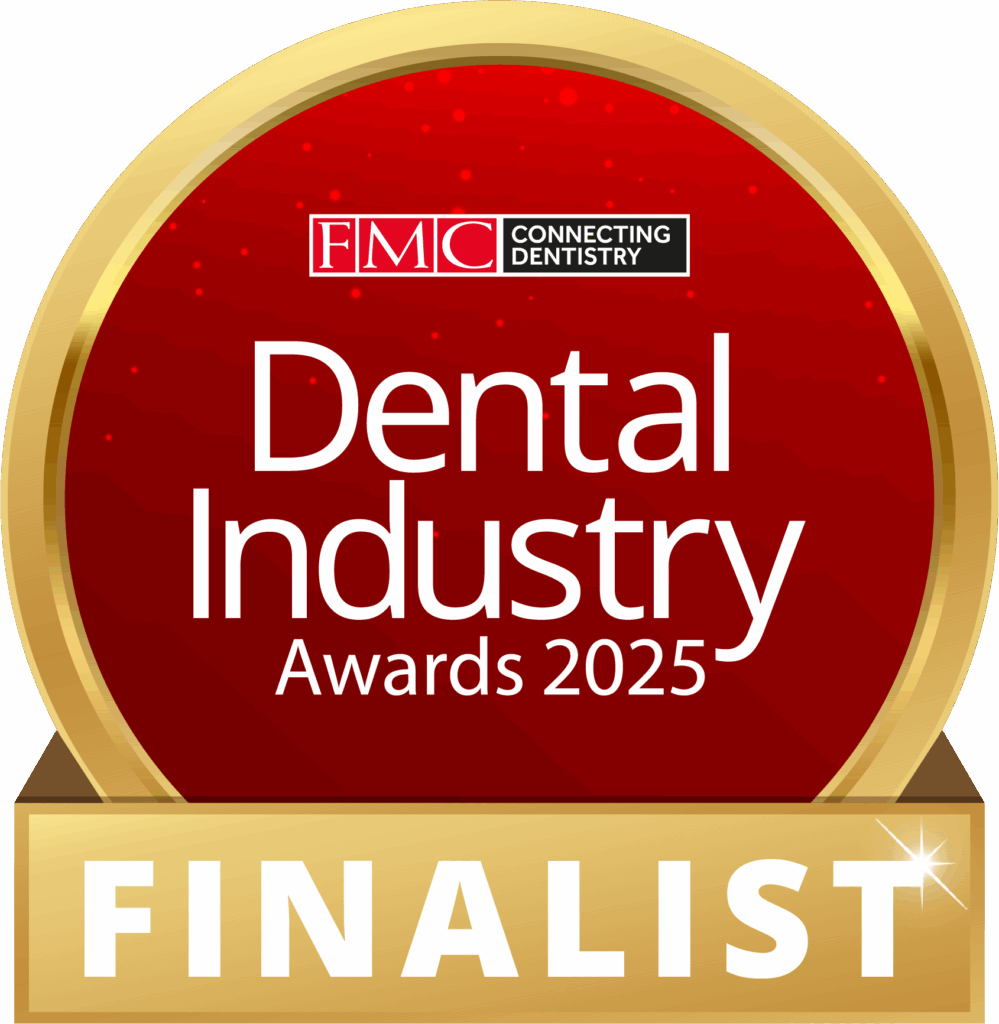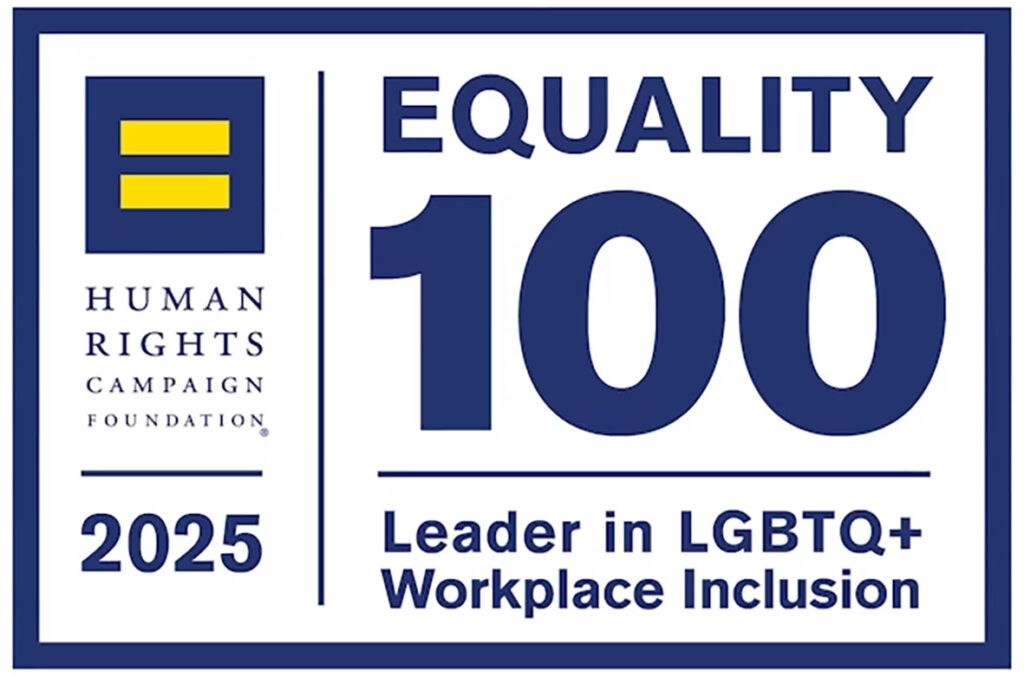Secure Funding for Your Dental Practice Purchase - Henry Schein Dental Practice Sales
Expert Lending Solutions for Buying a Dental Practice - Get Started Now!
When you're buying a dental practice, you'll need to consider many factors. Our experts can help you explore all the lending solutions that banks offer to fit your unique needs.
Viability Checking
Stage 1
Review Current Assets and Liabilities
Understanding your current financial situation allows us to determine the additional amount you can borrow for your dental practice purchase.
Stage 2
Finding a Dental Practice
Once you've found a dental practice of interest, we conduct thorough research to assess its financial viability for you. This ensures confidence in your investment, knowing that your deposit won't be at risk if the banks support the deal.
I Have Found a Dental Practice I Like
Stage 3
Supply Details and Accounts of Dental Practice Found
To obtain a loan for purchasing the dental practice, you'll need to provide certain paperwork. Henry Schein Financial Services will assist you in compiling and submitting your application package to the bank.
Stage 4
Create Business Case Package and Approach 14 Banks for Best Deal and Rates
As part of your business case, we create a comprehensive financial snapshot, considering your current situation and how it will evolve under new ownership. This detailed information, along with other necessary documentation, is sent to multiple banks to secure the required funding.
Stage 5
Review Insurances Required by Banks and Put These in Place
When buying a dental practice, the bank may have specific insurance requirements for completion day. Henry Schein Financial Services will review your situation and recommend appropriate coverages to meet the bank's requirements.
Get Expert Lending Solutions for Your Dental Practice Purchase
At Henry Schein Dental Practice Sales, we understand the significance of securing funding for your dental practice purchase. Our experts are here to guide you through the process and help you explore the best lending solutions tailored to your needs.
Frequently Asked Questions
Find answers to our most frequently asked questions from our clients.
Do I need to be a Dentist to buy a practice?
An important factor to bear in mind when acquiring a dental practice involves adhering to the regulatory standards set by the Care Quality Commission (CQC) and the NHS, particularly for those participating in the purchase. It's essential to have at least one partner or clinical lead registered with the General Dental Council (GDC) to legally own a dental practice.
What is an EBITDA?
EBITDA is an acronym for earnings before interest, taxes, depreciation, and amortisation. It provides a clearer picture of a company's operating profitability based on the exclusion of non-operating expenses such as interest and taxes, as well as non-cash expenses like depreciation and amortisation. Historically practices were often valued at percentage of turnover, however the EBITDA method is a much more accurate representation of the profitability of the business. While EBITDA can be a useful measure for assessing operating performance, it's important to note that it does not represent a company's actual cash flow and should be interpreted alongside other financial metrics for a comprehensive analysis of a company's financial health.
Do I need a dental specialist solicitor?
We strongly advise engaging a solicitor specialising in dental law, as they possess a nuanced understanding of the industry. This expertise frequently leads to efficiencies that can save both time and money. We have selected a panel of Dental Specialist solicitor’s that we can share with you to support you in selecting the firm for you.
How much can I borrow?
Banks primarily focus on reviewing the financial performance of the dental practice and assessing its capability to meet loan repayments. Additionally, they take into account your current financial obligations and personal and professional circumstances to conduct a comprehensive evaluation. Typically, our finance team can often facilitate financing with a goodwill deposit ranging from 10% to 20%, and in many cases, no deposit is required for the freehold component. Established practice owners may not need to provide a deposit at all. However, there may be situations where higher deposits are necessary due to various factors affecting debt serviceability. At Henry Schein Practice Sales, we meticulously evaluate each case individually with our panel of healthcare lenders. Leveraging our strong relationships, we secure preferential rates and utilise our expertise, advocating your interests with the banks, striving for the most favorable outcome possible.
What is the difference between freehold, leasehold and long lease?
Within a Freehold sale, the property is purchases along side the goodwill. For a leasehold, the goodwill is purchased, and the property let by the landlord to the buyer. "Long leasehold" refers to a specific type of leasehold interest where the lease term is relatively long compared to standard lease agreements. It typically involves a leasehold interest that extends for several decades, often 99 years or more, although specific durations can vary. In a long leasehold arrangement, the lessee (the tenant or occupant) holds the right to use and occupy the property for the duration of the lease term, subject to the terms and conditions outlined in the lease agreement. However, unlike a freehold interest where the owner has indefinite ownership rights, the lessee in a long leasehold arrangement holds the property for a finite period.









